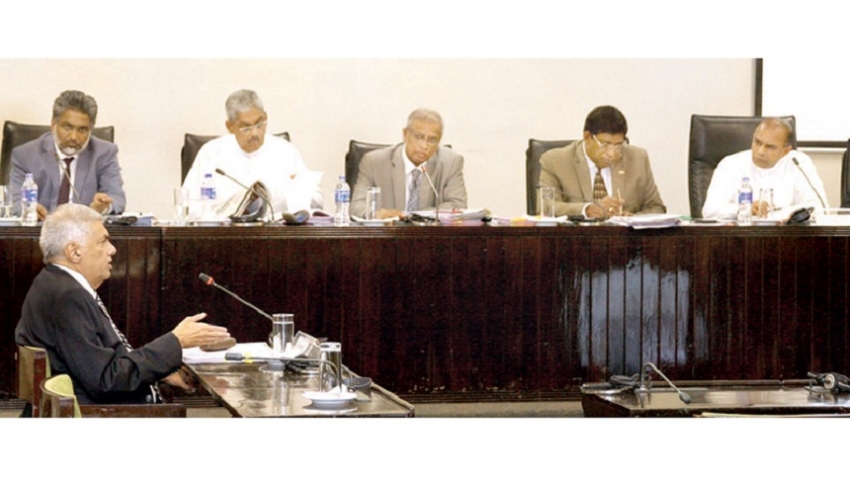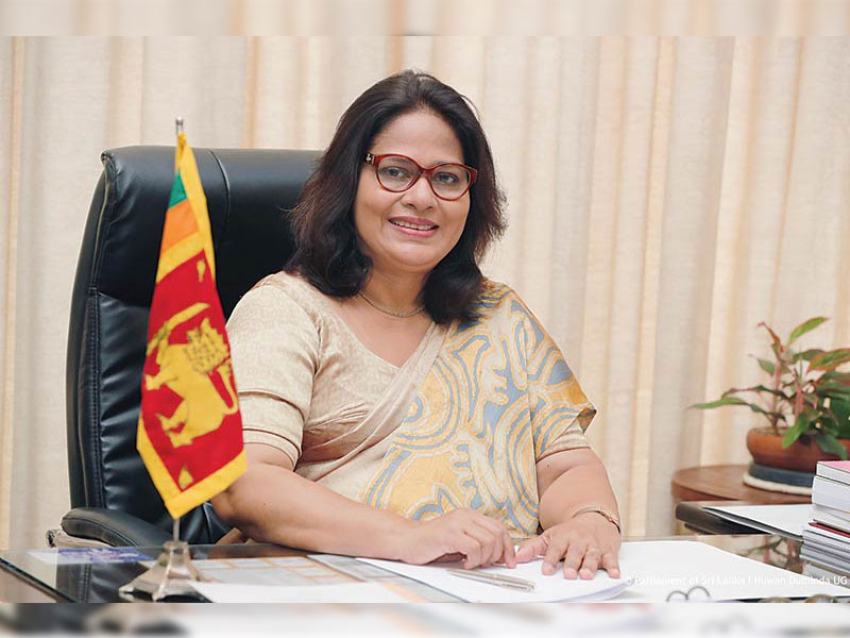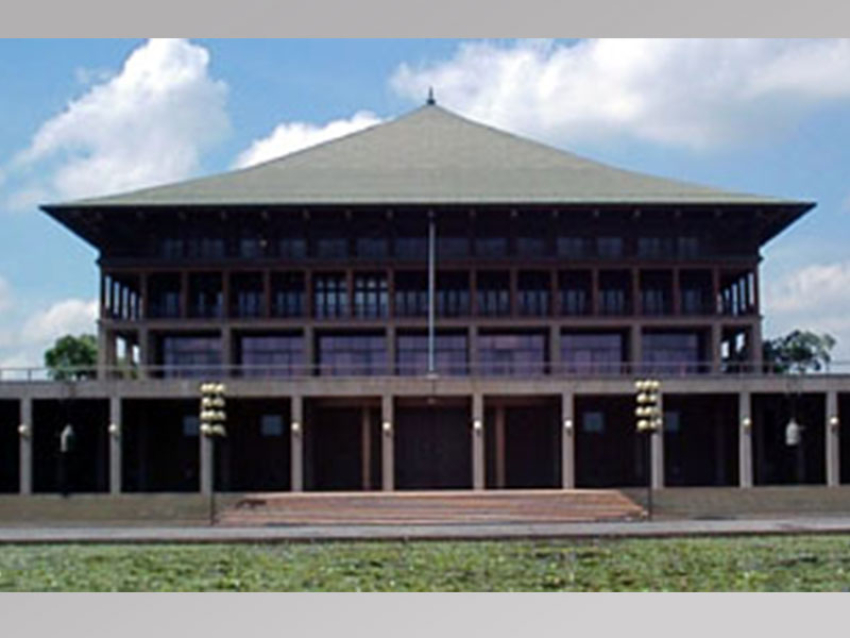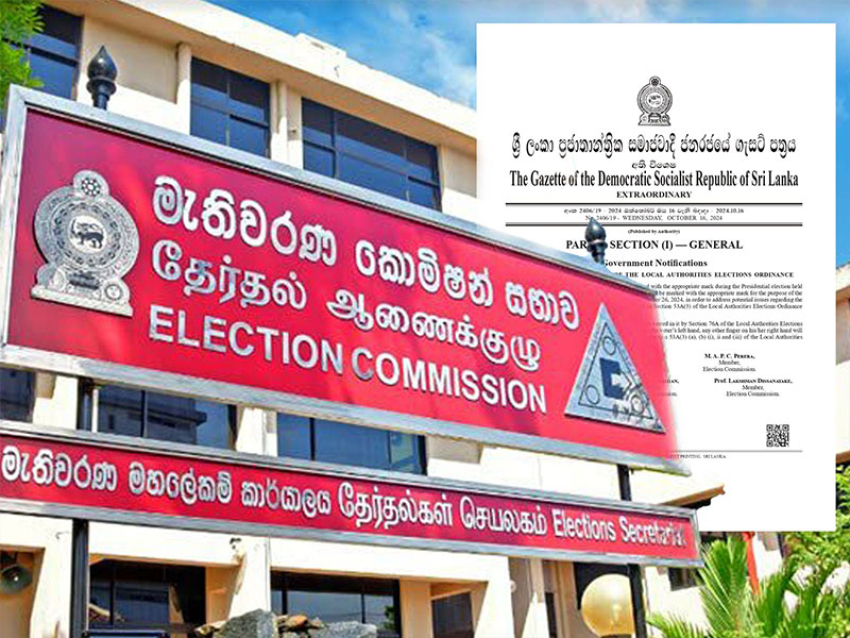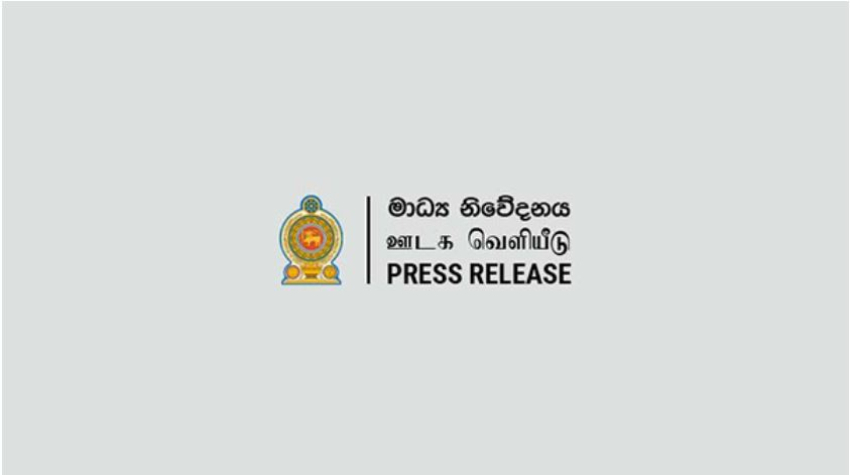In a candid testimony, the Prime Minister revealed to the committee that his security personnel had not been informed of the impending attack nor had they received the April 9 letter which indicated an impending alleged planned attack.“The letter which was received by the intelligence unit was not passed on to my intelligence or security officials. I have a separate division for intelligence and it was not received by them,” he said. “When I came to know that there had been prior information, I summoned them and they told me that they did not know. If they had known, I would have asked the IGP.”
The Prime Minister said that since the Constitutional crisis in October last year, he had been kept in the dark over security matters and was neither privy to the Security Council meetings. “From December 2018, there was no such invitation for me to attend the SC meeting. I was told that after February the SC did not meet at all,” he said. “When I asked from the IGP, he told me that he too was never informed.”
The Premier detailed that initial information dicussed at Security Council meetings were mostly to do with Sri Lankans who had joined the ranks of Islamic State (IS or ISIS) and of any probable re-group of LTTE, but he added that there was very little information that an extremist organization was turning violent such as the NTJ.
“Kattankudy was referred to as a centre for extremism,” he said. “We didn’t have information on Zahran’s accomplises but when we sought an arrest warrant for Zahran we came to know that he had fled the country through illegal means, possibly to India through Mannar.” The Premier said that the Terrorism Investigation Division was entrusted in investigating the clash between two muslim factions and that it was the TID that sought an arrest warrant for Zahran over the ICCPR Act.
With reference to the government’s response to curbing hate speech and the use of the ICCPR Act, member of the committee Ravi Karunanayke remarked that the government’s response had been lukewarm and that in some instances the cases didn’t not match the crimes committed for those individuals to be detained under ICCPR.
“You need a different unit to monitor all this hate speech. We have the structure which was used for LTTE, but we need new outfit to face this challenging form of terrorism,” he said adding that terrorists noawads were not incubated into violent ideologies by attending classes or trainings, and that the internet was enough to arm them with the information they need.

